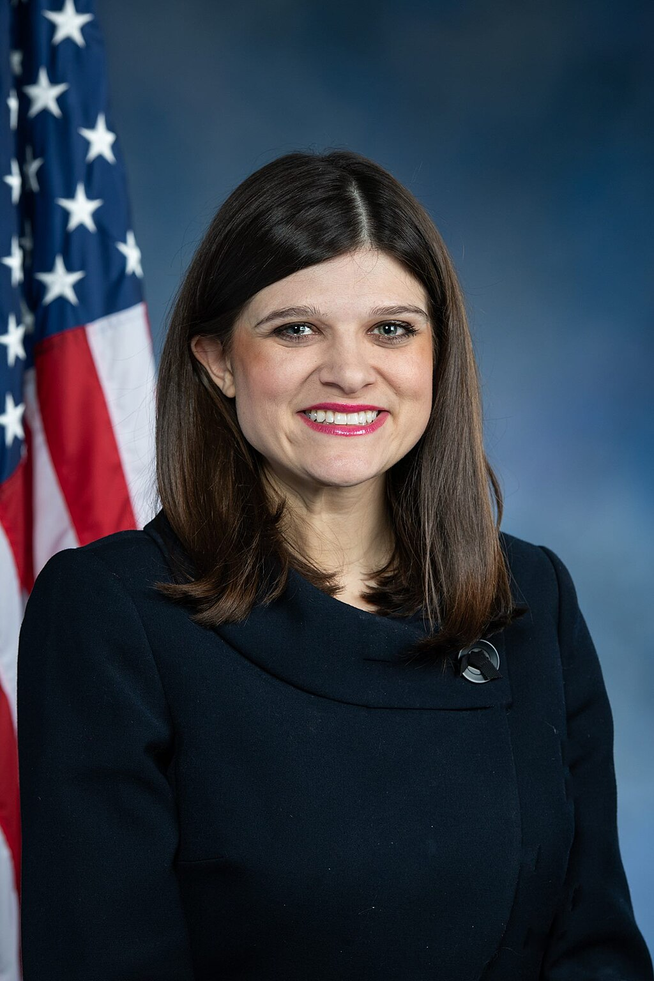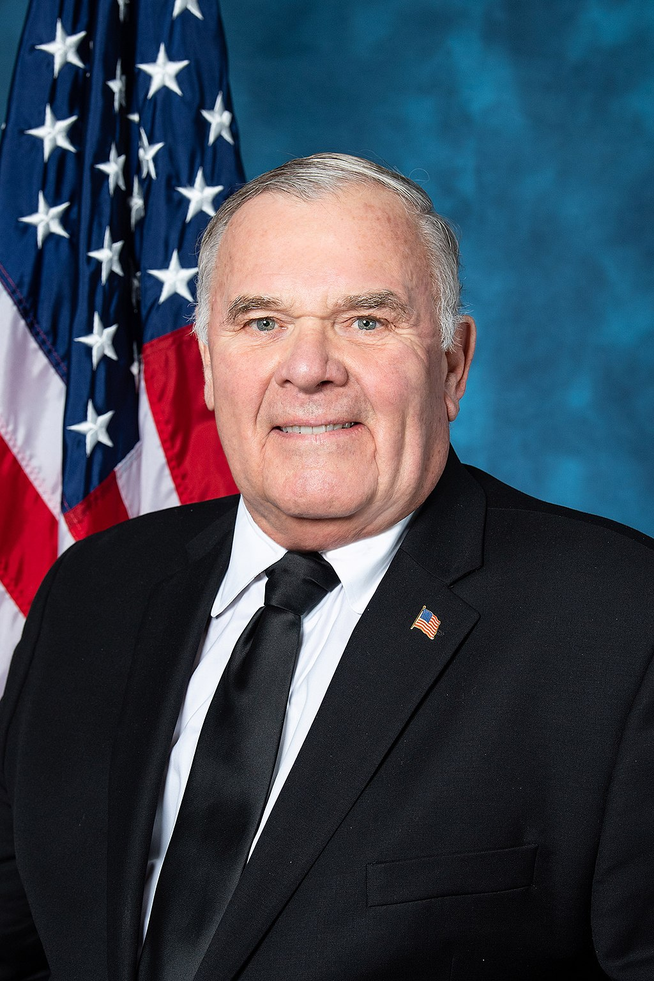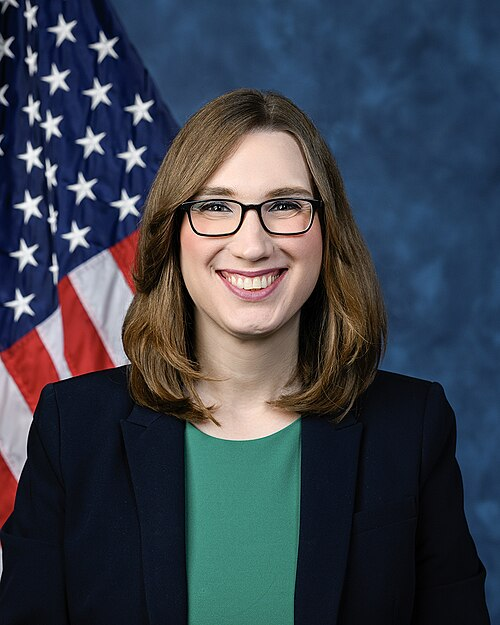H.R. 1350: DOE and NSF Interagency Research Act
The bill titled "DOE and NSF Interagency Research Act" aims to enhance cooperation and coordination between the U.S. Department of Energy (DOE) and the National Science Foundation (NSF) in research and development activities. Here’s a summary of the key components of the bill:
Collaboration between DOE and NSF
The bill mandates that the Secretary of Energy and the Director of the National Science Foundation work together on research projects that align with their respective missions. This joint effort seeks to address shared priorities and make advancements in scientific research.
Memorandum of Understanding
The Secretary and the Director will establish a memorandum of understanding (MOU) or similar interagency agreement to guide their collaborative efforts. This agreement will ensure that all research projects go through a competitive review process, allowing various entities—including federal agencies, national laboratories, and educational institutions—to submit proposals.
Focus Areas for Research
The coordinated activities can cover a range of focus areas, including but not limited to:
- Basic Plasma Science and Engineering: Applications in fields like astrophysics and materials science.
- Biological and Computational Science: Research in computational neuroscience and neuromorphic computing.
- Modeling and Simulation: Utilizing artificial intelligence, big data analytics, and related technologies to improve energy and climate-related strategies.
- Quantum Information Sciences: Advancements in quantum computing and networking.
- Energy and Materials Science: Including studies on solar fuels and fusion.
- Advanced Manufacturing Technologies: Innovations aimed at optimizing energy consumption.
- Microelectronics: Research on new chip architectures.
- Advanced Physics: Investigations in high energy and particle physics.
Promoting Collaboration and Sharing
The bill encourages collaborative efforts and data sharing among various stakeholders, including federal agencies, national labs, and educational institutions. It aims to facilitate access to necessary resources for effective research and information transfer.
Support for Research Infrastructure
To bolster research and development, the bill provides for supporting necessary infrastructure, which may include new facilities and equipment as deemed appropriate by the Secretary and the Director.
STEM Education and Workforce Development
The legislation also emphasizes educational initiatives in science, technology, engineering, and mathematics (STEM). This includes:
- Internships and fellowships for students.
- Experiential learning opportunities for students of all levels.
- Professional development for educators and researchers.
Agreements and Collaborations
The bill allows for the establishment of reimbursable agreements between the DOE, NSF, and other organizations to enhance the efficiency of their research and development efforts. Additionally, the Secretary and the Director can collaborate with other federal agencies where applicable.
Reporting Requirements
Within two years after the bill's enactment, the Secretary and Director are required to submit a report to relevant congressional committees. This report must detail:
- Interagency coordination efforts.
- Opportunities to expand technical capabilities.
- Achievements of collaborative research.
- Potential future areas of success.
- Continued coordination activities.
Research Security
The activities authorized by this bill must align with existing research security regulations, specifically those outlined in the Research and Development, Competition, and Innovation Act.
Relevant Companies
None found
This is an AI-generated summary of the bill text. There may be mistakes.
Sponsors
3 bill sponsors
Actions
9 actions
| Date | Action |
|---|---|
| Mar. 25, 2025 | Received in the Senate and Read twice and referred to the Committee on Commerce, Science, and Transportation. |
| Mar. 24, 2025 | Considered under suspension of the rules. (consideration: CR H1205-1207) |
| Mar. 24, 2025 | DEBATE - The House proceeded with forty minutes of debate on H.R. 1350. |
| Mar. 24, 2025 | Motion to reconsider laid on the table Agreed to without objection. |
| Mar. 24, 2025 | Mr. Babin moved to suspend the rules and pass the bill. |
| Mar. 24, 2025 | On motion to suspend the rules and pass the bill Agreed to by voice vote. (text: CR H1205-1206) |
| Mar. 24, 2025 | Passed/agreed to in House: On motion to suspend the rules and pass the bill Agreed to by voice vote. (text: CR H1205-1206) |
| Feb. 13, 2025 | Introduced in House |
| Feb. 13, 2025 | Referred to the House Committee on Science, Space, and Technology. |
Corporate Lobbying
0 companies lobbying
None found.
* Note that there can be significant delays in lobbying disclosures, and our data may be incomplete.
Potentially Relevant Congressional Stock Trades
No relevant congressional stock trades found.


